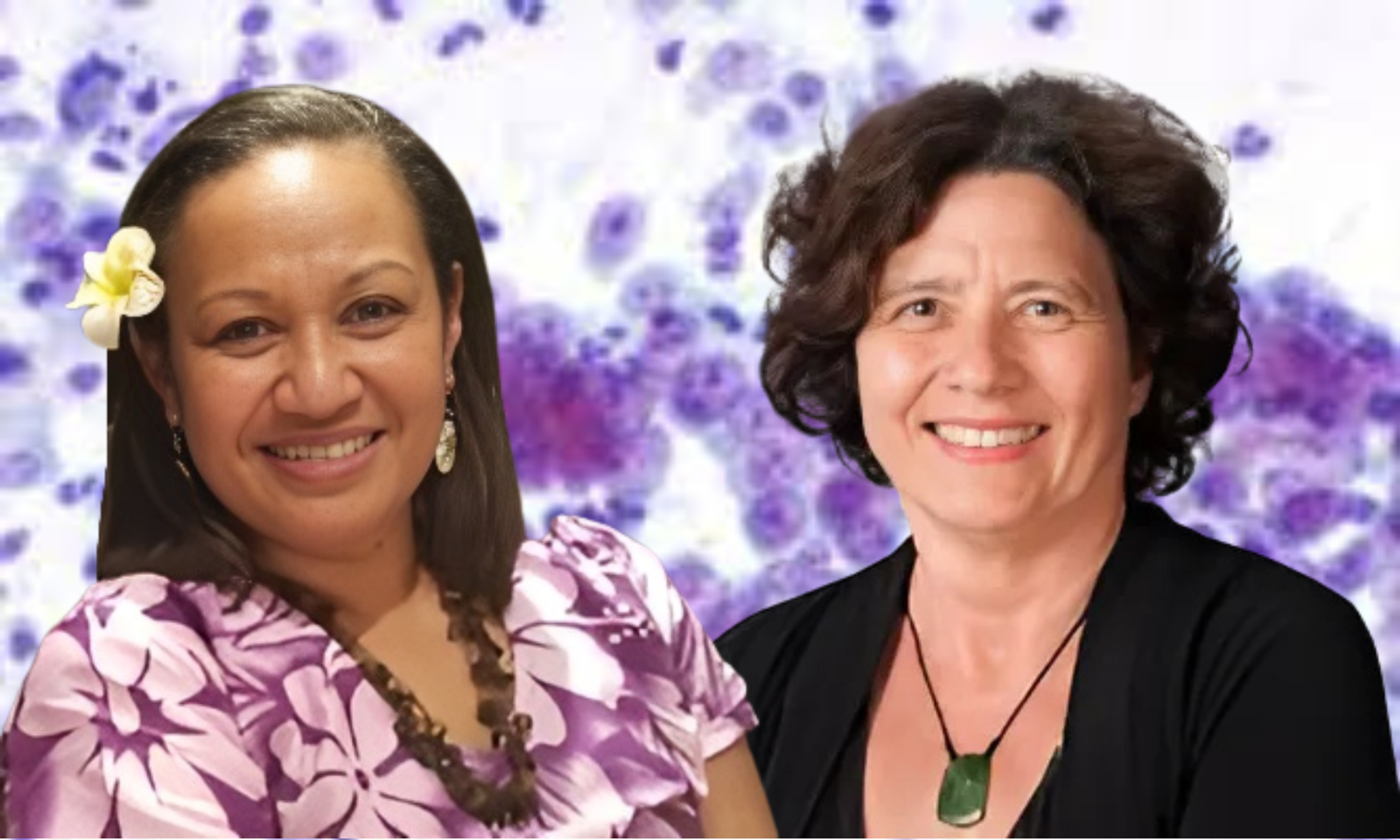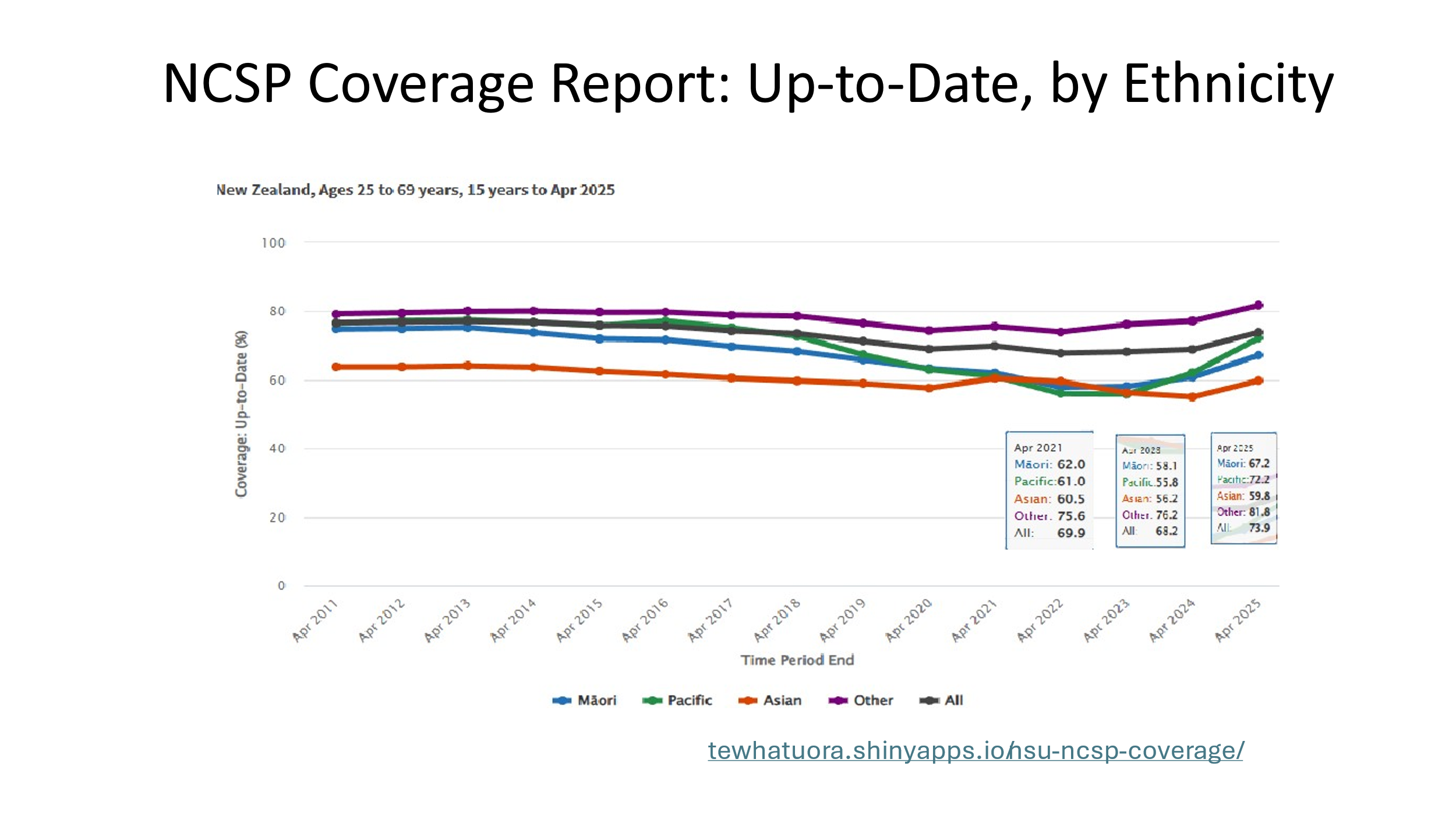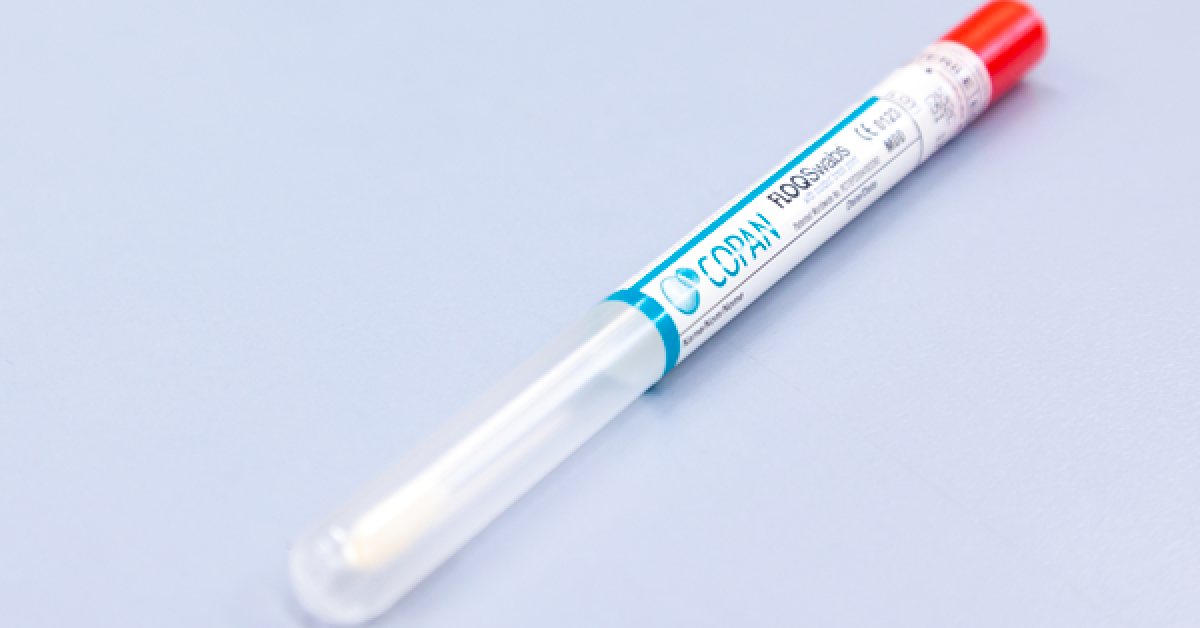

Dr Litea Meo-Sewabu and Professor Bev Lawton celebrate the increase in Pacific cervical screening rates, but say more needs to be done.
Photo/Research Gate/Victoria University/National Cervical Pathology Training Service
Pacific women lead the way in HPV screening, but inequities remain
Cervical screening rates among Pasifika wāhine are on the rise, thanks to self-tests, but experts say more work is needed to address ongoing disparities.



‘Differently ordered brains’: ADHD changes bring hope and hurdles for Pacific families

Fiji court rules PM acted unlawfully in sacking anti-corruption chief

Visa glitch triggers duplicate charges for Rarotonga visitors


‘Differently ordered brains’: ADHD changes bring hope and hurdles for Pacific families

Fiji court rules PM acted unlawfully in sacking anti-corruption chief
Pacific women in Aotearoa are taking an active role in Human Papillomavirus (HPV) self-testing, which is helping to increase the number of wāhine being screened for cervical cancer.
But experts warn major barriers still exist.
HPV is a virus that can lead to serious health issues, including genital warts and various cancers. It spreads through skin-to-skin or intimate contact, and regular cervical screenings, also known as pap smears, can help catch harmful changes early.
Professor Bev Lawton, Director of Te Tātai Hauora o Hine, the National Centre for Women’s Health Research Aotearoa, highlights the issues of racism and systemic inequality that affect the health outcomes of Pacific and Māori communities.
“For Pasifika and Māori, they're more likely to be diagnosed with cancer and more likely to die of it,” she says. “It's just wrong, because we are not looking after our people.
“Screening has risen by 30 per cent for Pacific women, 15 per cent for Māori and 5 per cent for other groups. We should celebrate that.

Cervical Screening rates have improved since self-testing became available in late 2023. Image/Supplied
“We proved that if you’re underscreened or never screened, you’re more likely to do a self-test. Overseas studies show it is just as accurate as a doctor and it will prevent 15 per cent more cancers.”
In areas like Otago and Southland, local health organisations report 61 per cent of Pacific participants are up to date with their screenings, indicating a positive trend.
Dr Miriama Ketu-McKenzie, Clinical Adviser Māori at WellSouth, says the self-test has been a “game-changer”.
“These figures represent hundreds of our Pacific and Māori mums, sisters, aunties and daughters who are at risk of getting cervical cancer,” she says in a statement.

The cervical screening self-test was launched in September, 2023 in New Zealand. Photo/Cancer Society NZ
Cultural considerations matter
Dr Litea Meo-Sewabu, an Associate Professor in Social Work at Western Sydney University, says cultural and social factors can create challenges at medical appointments.
“For example, when a palagi woman calls out their five names, mispronounced, and announces you’re there for screening, that in itself is a barrier,” she says. “In the Pacific, it can be taboo or culturally inappropriate for you to be announcing to the world that you're coming in for a cervical screening.”
Meo-Sewabu highlights the importance of community support and believes that by working together and holding each other accountable, women can feel more empowered to take charge of their health.
“We still think that it needs to be an individual thing, because that's how the West views it, but if we do it collectively as a group, we are keeping each other accountable, and it’s more fun,” she says.
“For example, in Fiji, we have this concept of sole solevaki, where we come together to make mats, to work together for the collective good. When screenings are organised as groups through churches or community networks, women feel supported.”
Prevention alongside regular screening
Alongside screening, Lawton says getting the HPV vaccine, especially for young people aged nine to 27, is provided free of charge in schools as part of New Zealand’s immunisation programme.
While some parents may worry about discussing sexual activity with their children, Lawton wants to remind them that the vaccine is a proactive measure that can offer lifelong protection against certain cancers.
“Eighty per cent of us will come into contact with this virus,” she says. “The vaccine is a koha, a taonga for our children and our grandchildren, that we can give them an injection when they’re not even thinking about being sexually active to prevent them getting these cancers.”